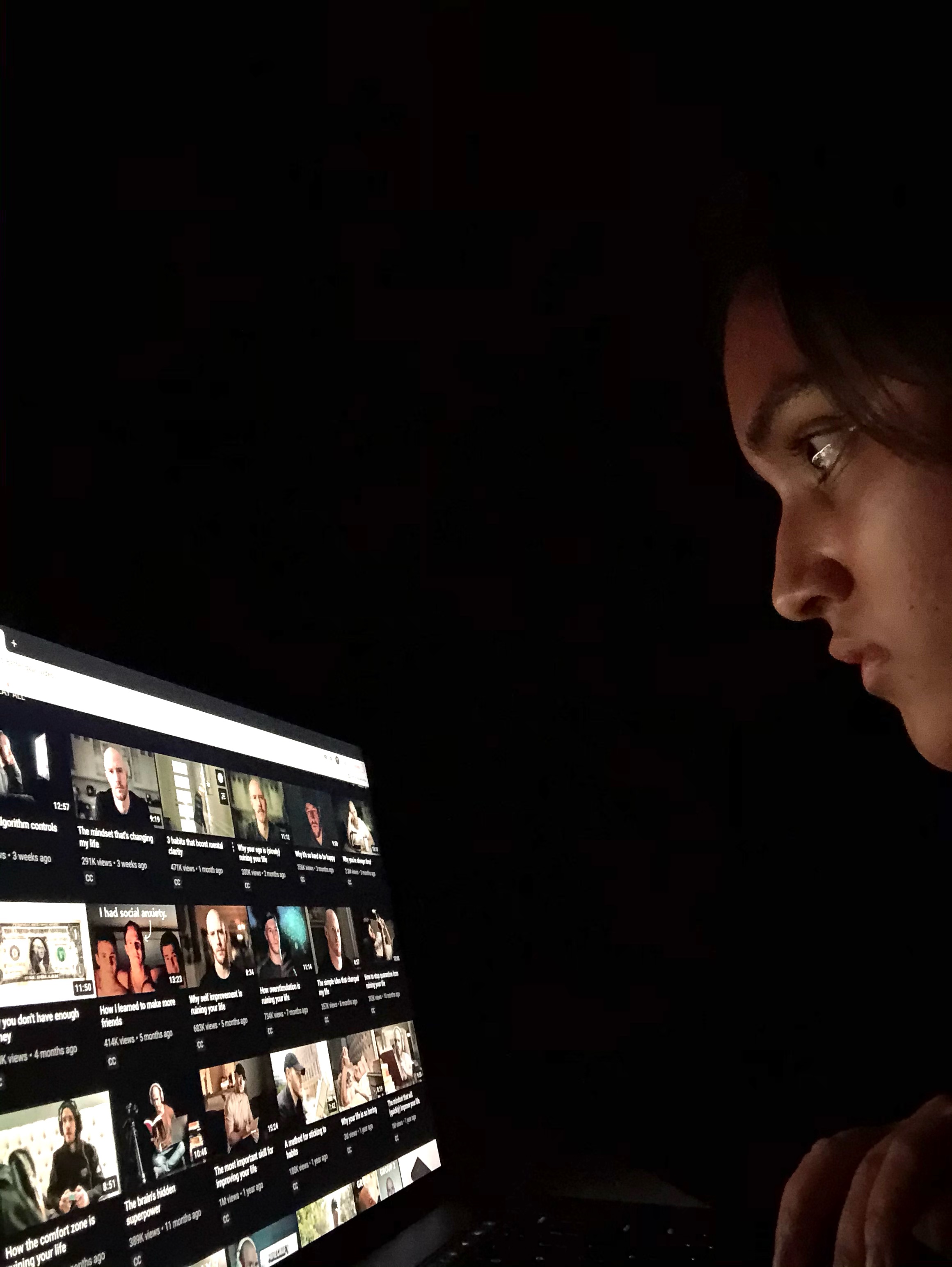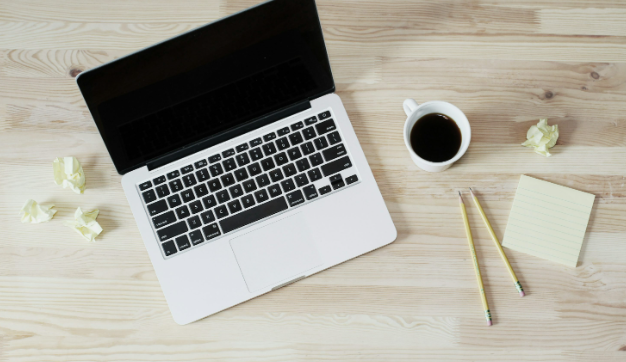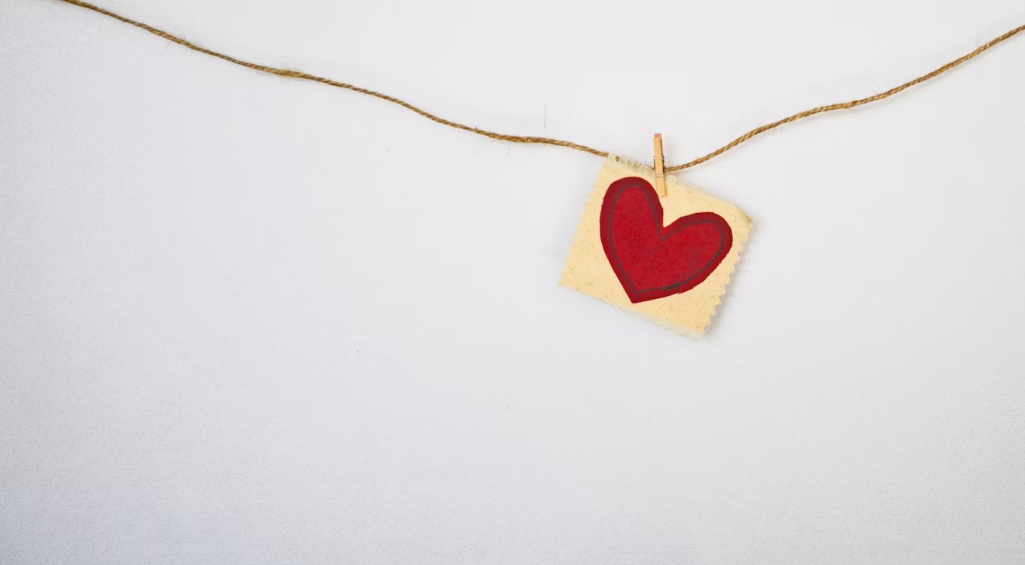
By Anjuli Niyogi, Editor-in-Chief
For a lot of us, our devices have served as an escape. After a zoom class or working on an assignment, many of us instantly resort to checking our phones, whether it be Tik Tok, Youtube, Instagram, Spachat, Netflix, or some other site. They offer us instant relief, a passive source of entertainment. But when you think of it, when was the last time your escapism wasn’t related to technology? When was the last time you didn’t seek out instant relief but took a few minutes to stare into space? To do nothing? To feel silence?
According to data from the End of the Fall Semester 2020 Viking Check-in Survey, 31% of Mills students reported that social media left them feeling worried, anxious, unmotivated, tired, upset, or unsafe. The same survey found that over 42% of students felt the same way when they watched TV/Movies/News/Videos or other mass media. Not to mention, over 47.9% of students reported spending less than 2 hours outdoors in a week. This survey recorded responses from 865 Mills students. The most shocking piece of data was that about 39% of students said they spent 5 or more hours of their daily screen time “just scrolling”.
With this data in mind, phones and technology are still not our enemies. It wouldn’t be fair to live in a world of technology and simply say to stop using it altogether. After all, we’ve built and reprogrammed our lives to surround technology: it’s controlling transportation, food, entertainment, work, education, and, nowadays, much of our leisure time. The pandemic has made it extremely easy to find comfort and relief in technology. But looking forward, when life begins to return to normal, do we want to be spending 5 hours of our days “just scrolling”?
If you’re thinking about making changes to how you spend your leisure time and adopting more minimalistic digital habits, the first step is identifying what you can control. For the last year, so much has been out of our control. We’ve been constantly looking for answers. When’s the vaccine going to be ready? What tier is my county currently in? Can I safely see my friends? At a time where so much is out of our control and we find ourselves scavenging the internet for answers, know that the one thing still in the palm of your hands is your time. You still control how you spend your leisure time – the chances you have to be away from your computer or phone. So first and foremost, know that your time is still in the palm of your hands.
Secondly, identify your current behavior. How do you spend the first 10 minutes of waking up? You may be checking your phone right away, getting up to make yourself breakfast, or rushing to get some last-minute assignment done. But how do you want to be spending your mornings? Implementing minimalistic digital habits is not about cutting down on screen time and limiting distractions, it’s about the addition of positive habits that add value to your life. If you want to be spending less time on your phone, what do you want to be doing instead? What do you want to be doing instead of achieving your 3, 4, or 5 hours of scrolling? What’s a hobby or habit you want your future self to be doing or a current one you want to do more? It might be reading, exercising, practicing a musical instrument, writing, creating something, or anything that you enjoy. Once you’ve found your answer, little by little, you can begin to fill your time with these positive habits. Before you know it, you’ll begin to realize how easy it was to reduce your negative habits by simply adopting new, positive ones.
If you find yourself struggling to start these positive habits, know that you are not the only one. Our phones and laptops are extremely easy to pick up; every minute of every day you’re just a few taps away from that instant relief. But by creating more resistance between your screen use and less resistance between your positive habits, you may find it much easier to acquire your better habits. For instance, try setting screen time limits on certain apps on your phone, setting your phone to grayscale, or leaving your devices in another room or drawer. Something that works for me is shutting my phone down completely if I don’t need to be using it in the next few hours. That way, if I’m tempted to pick it up and check something I may not need to check, I’ll think twice before spending those extra 10 seconds to restart my phone. To create less resistance between your positive habits, keep the tools you need to do them handy and ready to use. Personally, I take the book I’m currently reading around with me in my house and make sure it’s by my bedside table before bed. That way, the easiest thing for me to do is to pick up my book and begin reading, even if that’s only a few pages before I have to do something else.
At the end of the day, if these simple tricks are not working for you, ask yourself these questions every time you find yourself mindlessly scrolling or passively watching something.
- Do I need to be using my device right now?
- Is what I’m doing now contributing to my values and goals?
- How can I maximize the benefits of this technology and minimize its harms?
Along your journey, there will be times of hardship. You might be feeling anxiety, an itching pain to check your phone, or find it hard to resist glancing at a notification. Try getting comfortable with this discomfort and boredom that comes with removing yourself from constant stimulation. With this, growth will follow. As author James Clear wrote in his New York Times Best Seller, Atomic Habits, “Every action you take is a vote for the type of person you wish to become.”
“Every action you take is a vote for the type of person you wish to become.”
– Atomic Habits Author, James Clear
Every day is about small steps, trying new systems, and adjusting your goals. More importantly, adopting digital minimalism is all about getting to a place where you’re comfortable living in a life that you don’t want to escape from, where you’re finding comfort within yourself and the habits you have developed.

If you’re interested in this topic and want to learn more about how to reduce screen time, you may enjoy Cal Newport’s Digital Minimalism. This book was published in 2019 and talks about how to live a more focused life in “an increasingly noisy world” by identifying the common practices of digital minimalists (Goodreads).







